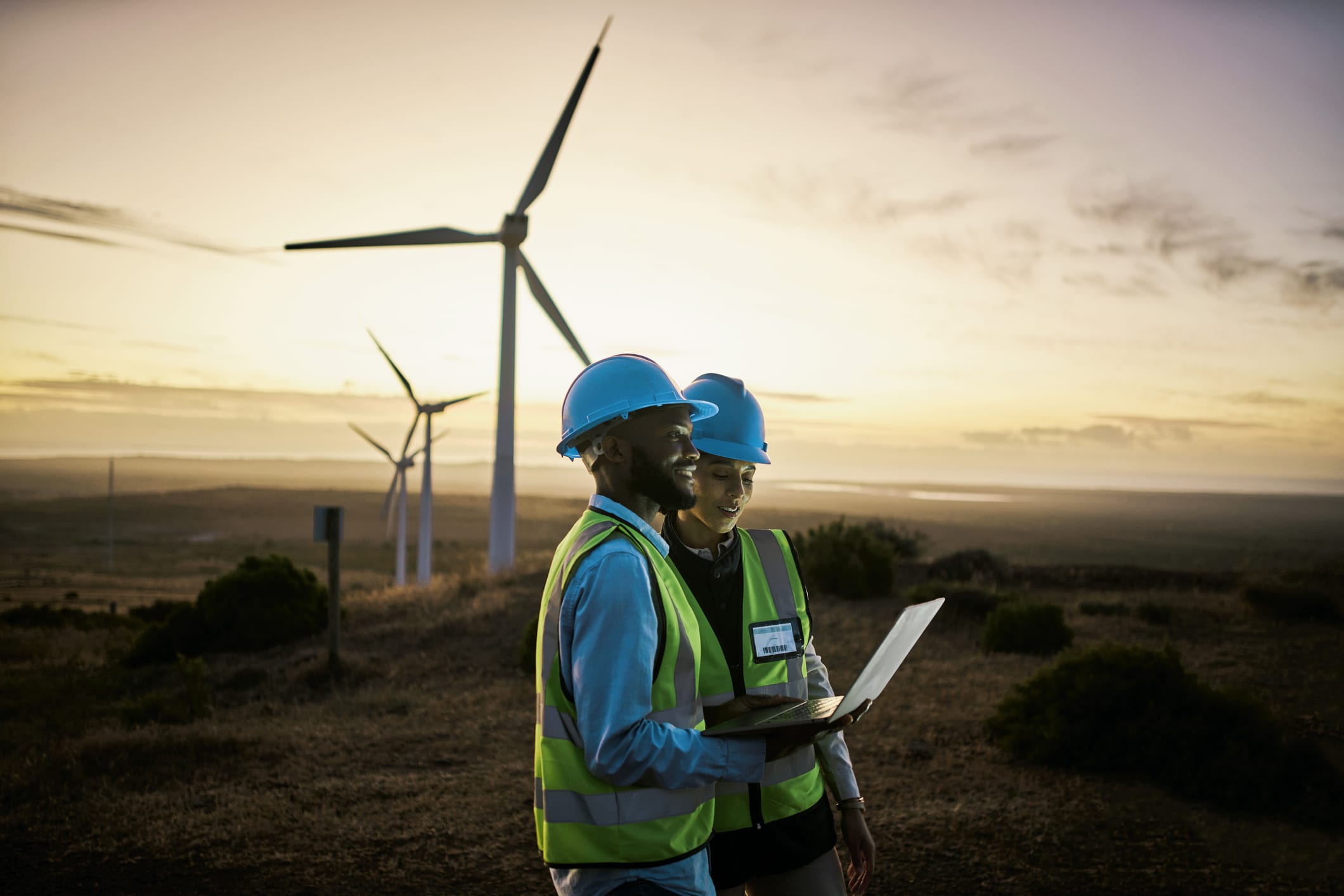A vision to enhance Nigeria’s power landscape and facilitate a transition to a more sustainable energy mix.
In a strategic move in Abuja, Nigeria’s federal capital territory (FCT), the minister of power, Bayo Adelabu, held a meeting with Sun Africa LLC, a US-based renewable energy solutions provider. “Together, we solidified a collaboration to enhance Nigeria’s power landscape,” he affirmed. The collaboration aims to deliver 961 megawatts peak (MWp) of solar photovoltaic (PV) generation infrastructure and 455 megawatt-hours (MWh) of battery energy storage systems, amounting to a $2.2 billion investment.
Adelabu disclosed this while sharing the vision during his visit to Cotonou, Benin Republic. “I had the honor of representing Mr President [Bola Tinubu] at the commissioning of the West African Power Pool’s (WAPP) Communication and Coordination Center,” he posted via his X account on November 19.
This initiative by the Economic Community of West African States (ECOWAS) promises “seamless power transmission and market-driven energy trading across the West African sub-region.”
Excitement resonated in the minister’s words as he shared his anticipation of the positive impact of the solar PV generation infrastructure on Nigeria. “This collaboration is a crucial step in transitioning to a more sustainable power mix, vital for economic growth and environmental responsibility,” he emphasized. The commitment from Sun Africa aligns with his power sector transformation roadmap, focusing on distributed power leveraging renewable energy.
This is coming on the heels of the visit of the president of the World Bank, Ajay Banga, where he co-convened a private sector roundtable with discussions held on the crucial role electricity plays in the country’s economic development. The World Bank notes that 85 million Nigerians lack access to electricity, and if left unaddressed, this figure is expected to rise to 94 million by 2030.
The financial backing for this ambitious venture is equally robust. “Financing partners ING Bank and Citi, backed by the US Export-Import Bank (US-EXIM Bank), actively support this venture, committing up to $10 billion over the years,” revealed the minister.
This support, according to Adelabu, not only ensures the success of the initial phase but also lays the foundation for future developments. Collaborating with Sterling and Wilson Renewable Energy Limited as the Engineering, Procurement, and Construction (EPC) partner further solidifies the project’s strategic execution.
He expressed gratitude to all stakeholders involved, recognizing this collaborative effort as a milestone in advancing sustainable and reliable energy solutions for Nigeria. “Together, we forge a path towards a brighter, greener, and more energy-efficient Nigeria,” he concluded.
